TEHRAN(Bazaar) –Marc Finaud, Associate Fellow at the GCSP at the Geneva Centre for Security Policy (GCSP), says the world economy is still suffering from the long-term impact of the COVID crisis and was also affected by the inflation, energy and food crises related to the war in Ukraine.
He adds that “It is still early to predict the effect of the initiatives by BRICS members to 'de-dollarize' world trade, but if this movement succeeds, 2023 will be remembered as its starting point.”
Following is the full text of interview:
Q: The year 2023 is coming to an end and the world has witnessed various developments in this year. In your opinion, what has been the most important development this year?
A: There were many negative events such as the continuation of the war in Ukraine and the war between Israel and Hamas, both devastating for civilian populations, but the main positive event was the reconciliation between Iran and Saudi Arabia mediated by China. Although, because of the tensions caused by the two previous events, this historic development has not completely yielded dramatic results yet, it has an important potential to contribute to a more stable and peaceful Middle East.
Q: In the field related to the economy, what development can be mentioned as a turning point this year?
A: The world economy is still suffering from the long-term impact of the COVID crisis and was also affected by the inflation, energy and food crises related to the war in Ukraine. It is still early to predict the effect of the initiatives by BRICS members to 'de-dollarize' world trade, but if this movement succeeds, 2023 will be remembered as its starting point. However, what will probably have more impact in the future will be the COP28 decision to transition away from fossil fuels, provided it is followed by urgent action.
Q: The war in Ukraine is still going on and there is some news from the western countries to lead Ukraine to talk with Moscow. According to some reports, the West has come to believe that this war cannot lead to a victory for Ukraine. What is your assessment and will we see peace talks in 2024?
A: At this stage, neither side seems ready to start serious peace negotiations. Putin reaffirmed that Russia demands full capitulation of Ukraine, while Ukraine is still seeking Western support to conduct its counter-offensive until all its occupied territory is liberated. It seems that both sides try to buy time, Moscow in the hope that there will be 'Ukraine fatigue' in the West and that Trump will return to the White House, and Kiev in the expectation that Western military assistance will allow it to overcome the Russian air domination. Meanwhile, only limited negotiations could be mediated by countries such as China or Turkey or the United Nations for specific agreements like recent ones on prisoner exchanges, humanitarian corridors, or the grain deal.
Q: Despite serious tensions, the US and China are trying to manage these tensions. The meeting of the key officials of the two countries in this field has also focused on the same goal. Will this trend continue, or may an issue cause tension to get out of control, like Taiwan?
A: Yes, it is reassuring to see realism prevail in the relationship between the two competing giants. Both realize that it in their utmost interest to preserve stability. This is why the future talks on arms control and new techonologies will be so important. However, incidents are always possible, especially in the South China Sea and the Taiwan Straits, but communication, including military-to-military, is vital to avoid any dangerous escalation.
Q: One of the important topics in 2023 was the Gaza war. How long do you think this war will last?
A: It is difficult to say exactly at this stage. On the one hand, Israeli officials keep saying that their offensive will last until Hamas is militarily defeated and all the hostages are freed. On the other hand, pressure is mounting within Israel and in the world, including the United States, to put an end to the destruction of Gaza and the suffering of the Palestinian people, or at least to negotiate a new truce and the exchange of hostages and Palestinian prisoners. The fate of the Netanyahu government is unsure, and there are signs that the United States will impose limits to the current offensive and is willing to consider "the day after", including reviving the two-state solution.

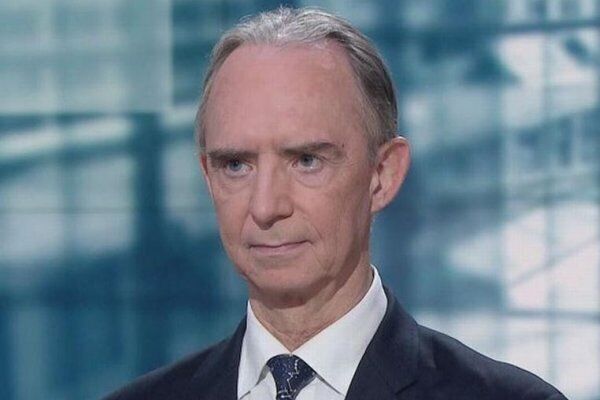



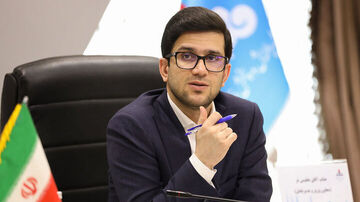
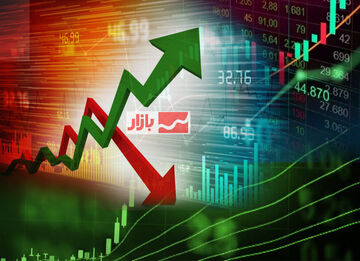


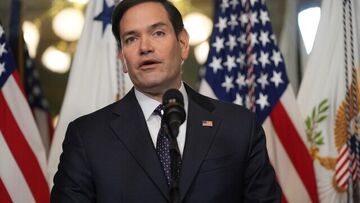

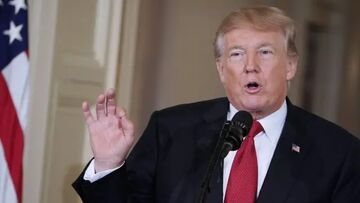



نظر شما